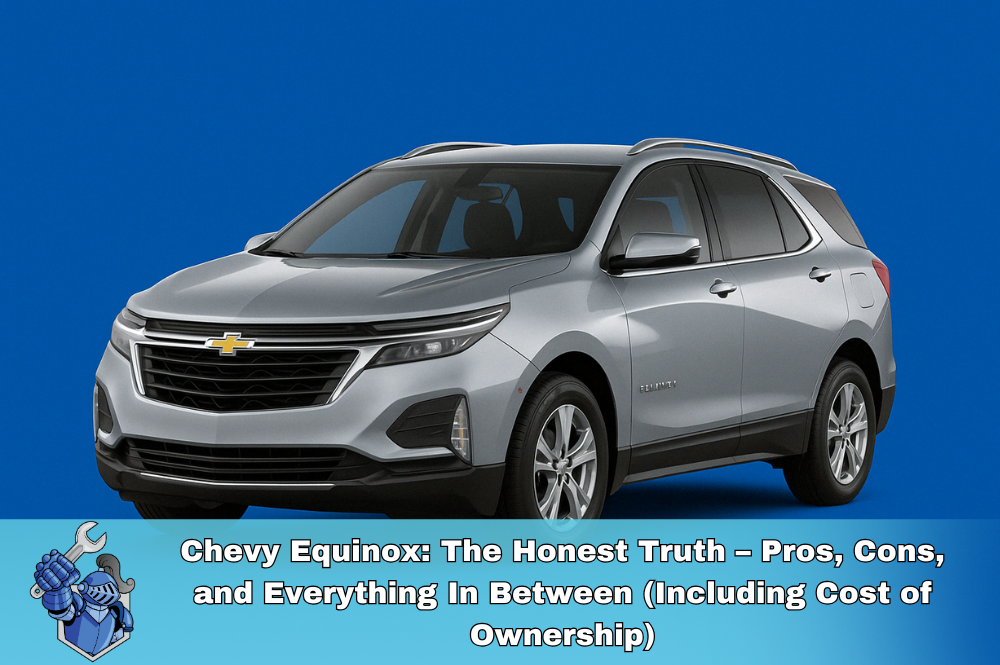Yes, the Toyota FJ Cruiser is known for its reliability and durability. Many owners report few issues with their vehicles, even after years of ownership. Regular maintenance is key to ensuring the FJ Cruiser continues to perform well.
The Toyota FJ Cruiser is a vehicle that commands attention. With its retro-inspired design, off-road prowess, and undeniable charm, it has carved out a niche for itself among adventure enthusiasts and collectors alike. Although it was discontinued in 2014 in the U.S. market, the FJ Cruiser remains a popular choice for those seeking a rugged, reliable SUV with unique styling. In this review, we'll explore the FJ Cruiser's features, factory coverage, servicing needs, values, fuel consumption, and more. We'll also discuss why securing extended coverage for this iconic vehicle is a wise choice.
Basic Information
The Toyota FJ Cruiser debuted in 2006 as a 2007 model, paying homage to the legendary FJ40 Land Cruiser of the 1960s. Its boxy design, round headlights, and white roof made it instantly recognizable on the road. The FJ Cruiser was built on the Toyota 4Runner platform, providing it with a solid foundation for both on-road and off-road performance.
Under the hood, the FJ Cruiser is powered by a 4.0-liter V6 engine, producing 260 horsepower and 271 lb-ft of torque. It came with either a 5-speed automatic or a 6-speed manual transmission, with the latter being available only in 4WD models. The vehicle's off-road capabilities were further enhanced by features such as a high ground clearance, skid plates, and an optional locking rear differential.
Factory Coverage
When the Toyota FJ Cruiser was sold new, it came with a standard factory warranty that provided comprehensive coverage for a limited time. Here's a breakdown of the factory warranty:
- Basic Warranty: 3 years or 36,000 miles, covering most components.
- Powertrain Warranty: 5 years or 60,000 miles, covering the engine, transmission, and drivetrain.
- Corrosion Perforation Warranty: 5 years with no mileage limit, covering rust damage.
- Roadside Assistance: 2 years or 25,000 miles, offering services like towing and battery jump-starts.
While the factory warranty provided robust protection during the early years of ownership, those warranties have long since expired for most FJ Cruisers on the road today. As a result, many owners turn to extended warranties to ensure their vehicles remain protected against costly repairs.
Servicing
The Toyota FJ Cruiser is known for its durability and low maintenance costs, which is part of the reason it has such a loyal following. However, like any vehicle, regular servicing is essential to keep it running smoothly.
Routine maintenance for the FJ Cruiser includes oil changes, tire rotations, brake inspections, and fluid checks. Toyota recommends performing these services every 5,000 to 7,500 miles, depending on driving conditions. Additionally, major services such as timing belt replacements, spark plug changes, and transmission fluid replacements should be conducted at the intervals specified in the owner's manual.
Owners who frequently take their FJ Cruisers off-road should pay extra attention to components such as the suspension, differential, and undercarriage. Regular inspections and maintenance of these areas will help prevent issues that could arise from rough terrain.
Values
Despite being out of production for nearly a decade, the Toyota FJ Cruiser has retained its value remarkably well. Its unique design, reliable performance, and off-road capabilities have made it a sought-after vehicle in the used car market.
As of 2024, the resale value of an FJ Cruiser varies depending on factors such as mileage, condition, and trim level. Well-maintained models with lower mileage can fetch premium prices, sometimes exceeding their original MSRP. This strong resale value is a testament to the FJ Cruiser's enduring appeal.
For those considering purchasing a used FJ Cruiser, it's essential to conduct a thorough inspection to ensure the vehicle is in good condition. Given the vehicle's off-road capabilities, it's not uncommon for some models to have been driven hard on rugged terrain, which could lead to wear and tear that isn't immediately visible.
Fuel Consumption
One of the few drawbacks of the Toyota FJ Cruiser is its fuel consumption. The 4.0-liter V6 engine, while powerful, isn't particularly fuel-efficient, especially when compared to more modern SUVs. The EPA-rated fuel economy for the FJ Cruiser is as follows:
- 4WD Automatic: 17 MPG city / 20 MPG highway
- 4WD Manual: 15 MPG city / 18 MPG highway
- 2WD Automatic: 17 MPG city / 22 MPG highway
These figures may vary depending on driving habits, terrain, and load. For those using the FJ Cruiser primarily for off-roading or towing, the fuel consumption could be even higher. Despite this, many owners are willing to overlook the FJ Cruiser's thirst for fuel in exchange for its rugged capabilities and unique style.
Why Extended Coverage Is Essential
Given the FJ Cruiser's status as a discontinued model, securing extended coverage is a prudent decision for owners. Extended warranties can provide peace of mind by covering the cost of repairs that would otherwise be out of pocket. This is especially important for older vehicles, as they are more likely to experience issues that require attention.
An extended warranty from NobleQuote can cover major components such as the engine, transmission, drivetrain, and more. Additionally, our plans offer benefits like 24-hour roadside assistance, towing, rental car coverage, and reimbursement for routine maintenance. With coverage options tailored to your needs, you can enjoy your FJ Cruiser with confidence, knowing that unexpected repairs won't derail your adventures.
In conclusion, the Toyota FJ Cruiser is a standout vehicle that continues to capture the hearts of enthusiasts and adventurers. While it may have a few drawbacks, such as fuel consumption, its reliability, off-road capabilities, and unique design make it a worthy investment. By securing extended coverage, you can ensure that your FJ Cruiser remains in top condition for years to come.
Toyota FJ Cruiser: Your Burning Questions Answered
Is the Toyota FJ Cruiser a reliable vehicle?
How much does it cost to maintain a Toyota FJ Cruiser?
The cost of maintaining an FJ Cruiser can vary depending on the age of the vehicle and the extent of its use. Routine maintenance such as oil changes, tire rotations, and brake inspections are relatively affordable. However, more extensive services like timing belt replacements can be more costly.
What is the resale value of the Toyota FJ Cruiser?
The resale value of the FJ Cruiser is strong, with well-maintained models often fetching high prices in the used car market. Factors such as mileage, condition, and trim level will influence the resale value.
Is the Toyota FJ Cruiser fuel-efficient?
The FJ Cruiser is not known for its fuel efficiency. Its V6 engine provides ample power but comes at the cost of lower fuel economy. Expect to see MPG figures in the range of 15-22, depending on the configuration and driving conditions.
Can I still get an extended warranty for my Toyota FJ Cruiser?
Yes, you can still get an extended warranty for your FJ Cruiser. NobleQuote offers comprehensive coverage plans that can protect your vehicle from unexpected repair costs, even after the factory warranty has expired.
Where can I learn more about extended warranties?
To learn more about extended warranties and how they can benefit you, visit NobleQuote's Learning Center for detailed information and resources.
Suggestions for you
Read MoreLet’s work together
Every week we showcase three charitable organizations that our donations are sent to. Our clients are able to choose which of these three will receive their gift when they add coverage to their vehicle...


 2024 BMW 3 Series Review: Is it Still the Ultimate Driving Machine?
2024 BMW 3 Series Review: Is it Still the Ultimate Driving Machine? Toyota Tacoma: The Definitive Buyer’s Guide & In-Depth Review
Toyota Tacoma: The Definitive Buyer’s Guide & In-Depth Review Subaru Outback Review: Everything You Need to Know About This Versatile SUV
Subaru Outback Review: Everything You Need to Know About This Versatile SUV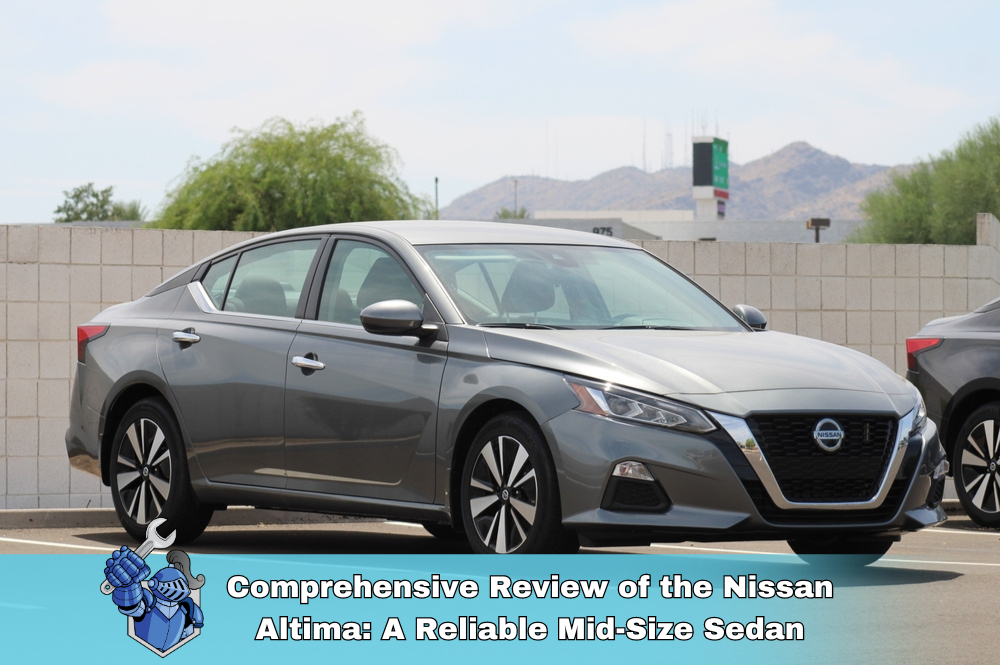 Comprehensive Review of the Nissan Altima: A Reliable Mid-Size Sedan
Comprehensive Review of the Nissan Altima: A Reliable Mid-Size Sedan Unveiling the Toyota Land Cruiser: A Comprehensive Review
Unveiling the Toyota Land Cruiser: A Comprehensive Review Comprehensive Review of the Honda Accord: Why It’s a Top Choice for Drivers
Comprehensive Review of the Honda Accord: Why It’s a Top Choice for Drivers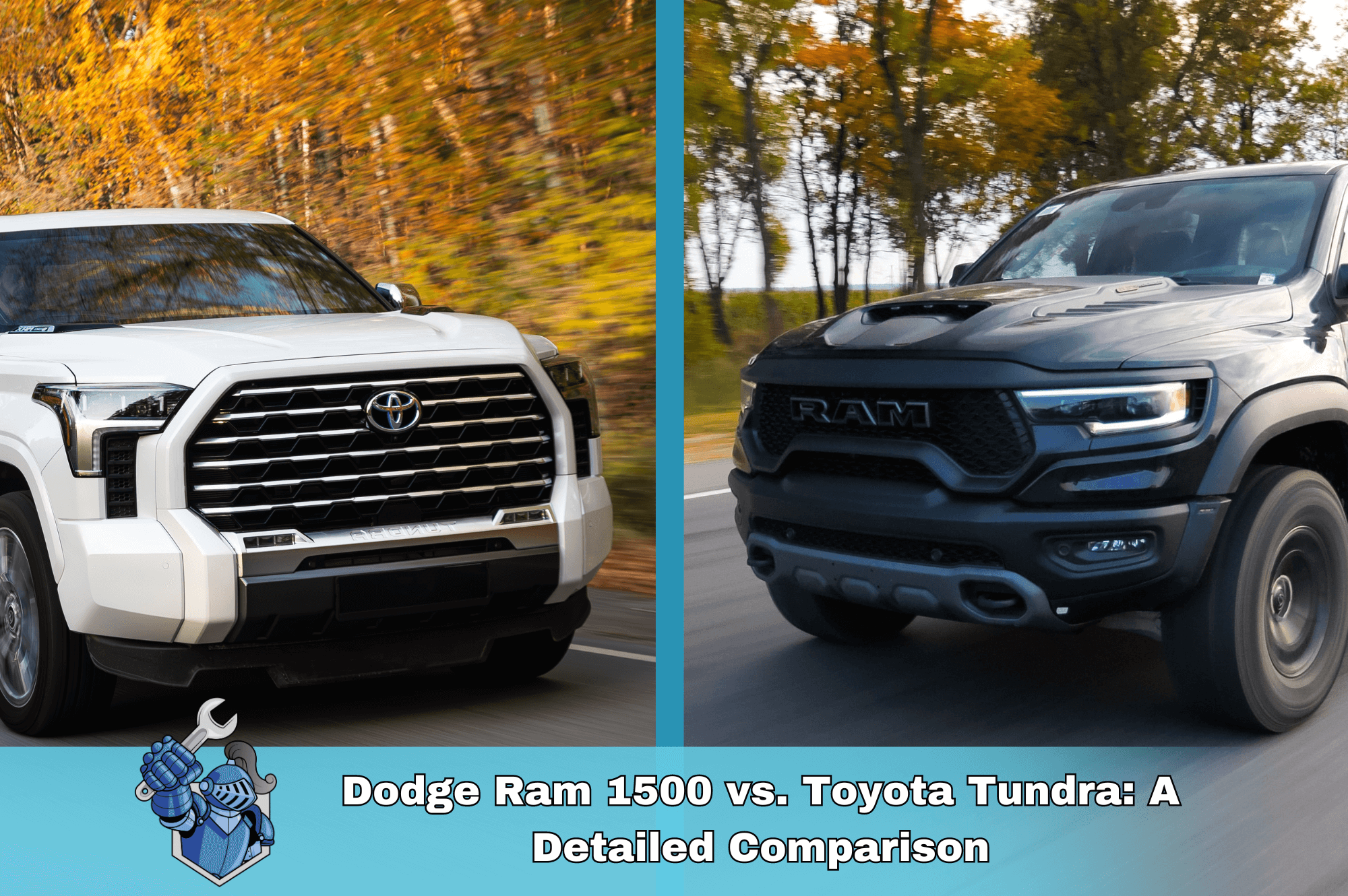 Dodge Ram 1500 vs. Toyota Tundra: A Detailed Comparison
Dodge Ram 1500 vs. Toyota Tundra: A Detailed Comparison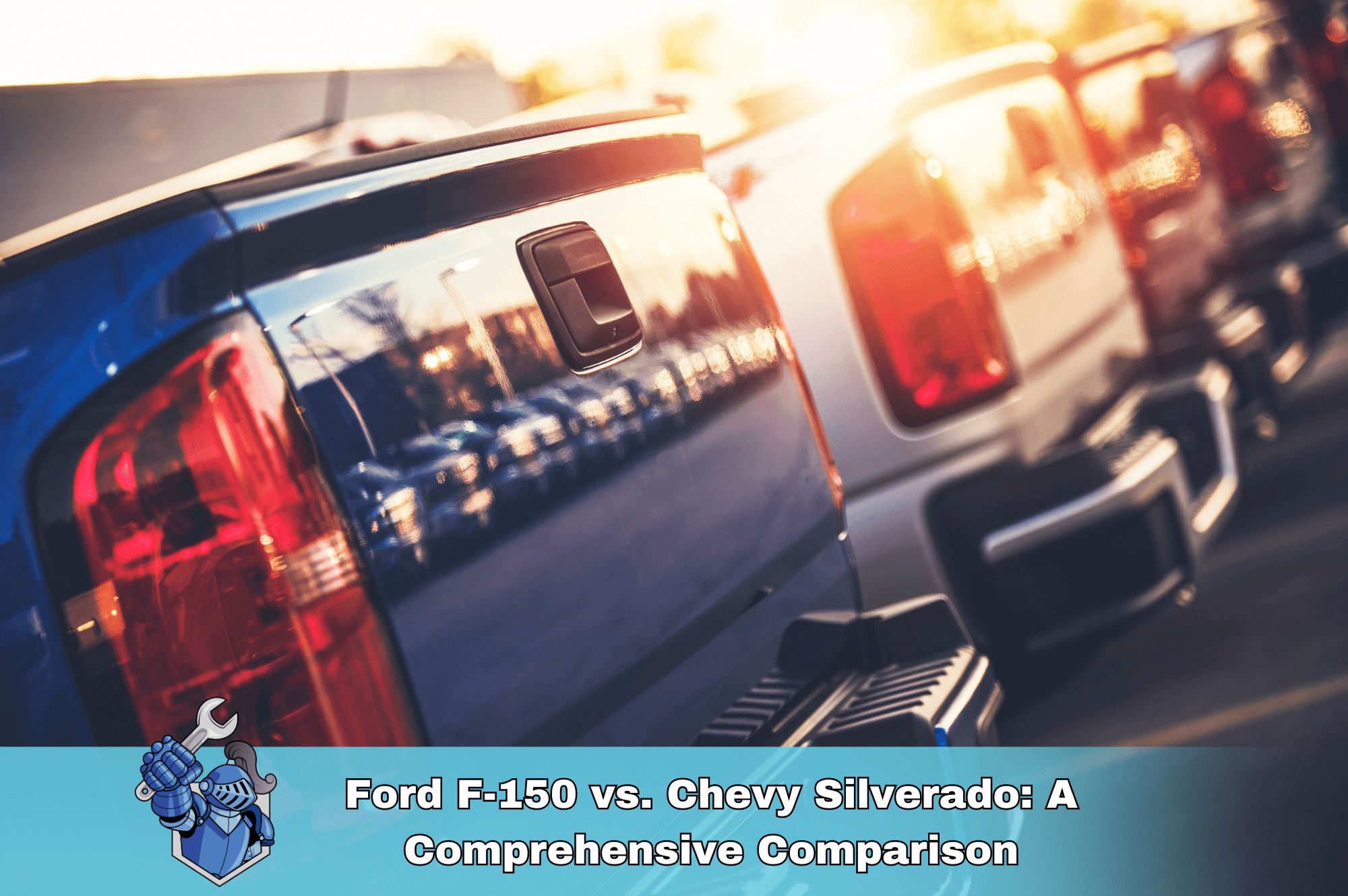 Ford F-150 vs. Chevy Silverado: A Comprehensive Comparison
Ford F-150 vs. Chevy Silverado: A Comprehensive Comparison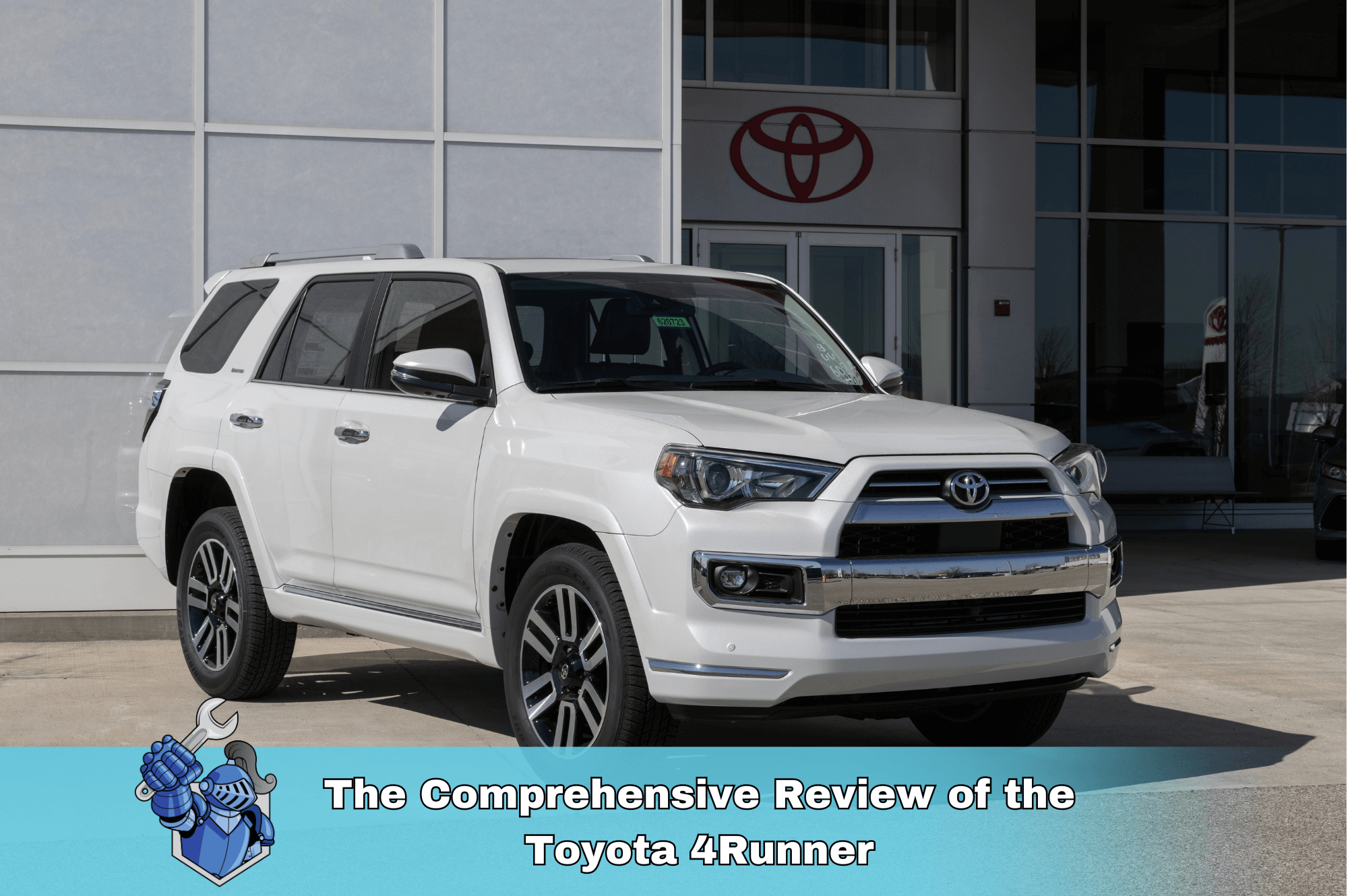 The Comprehensive Review of the Toyota 4Runner
The Comprehensive Review of the Toyota 4Runner
